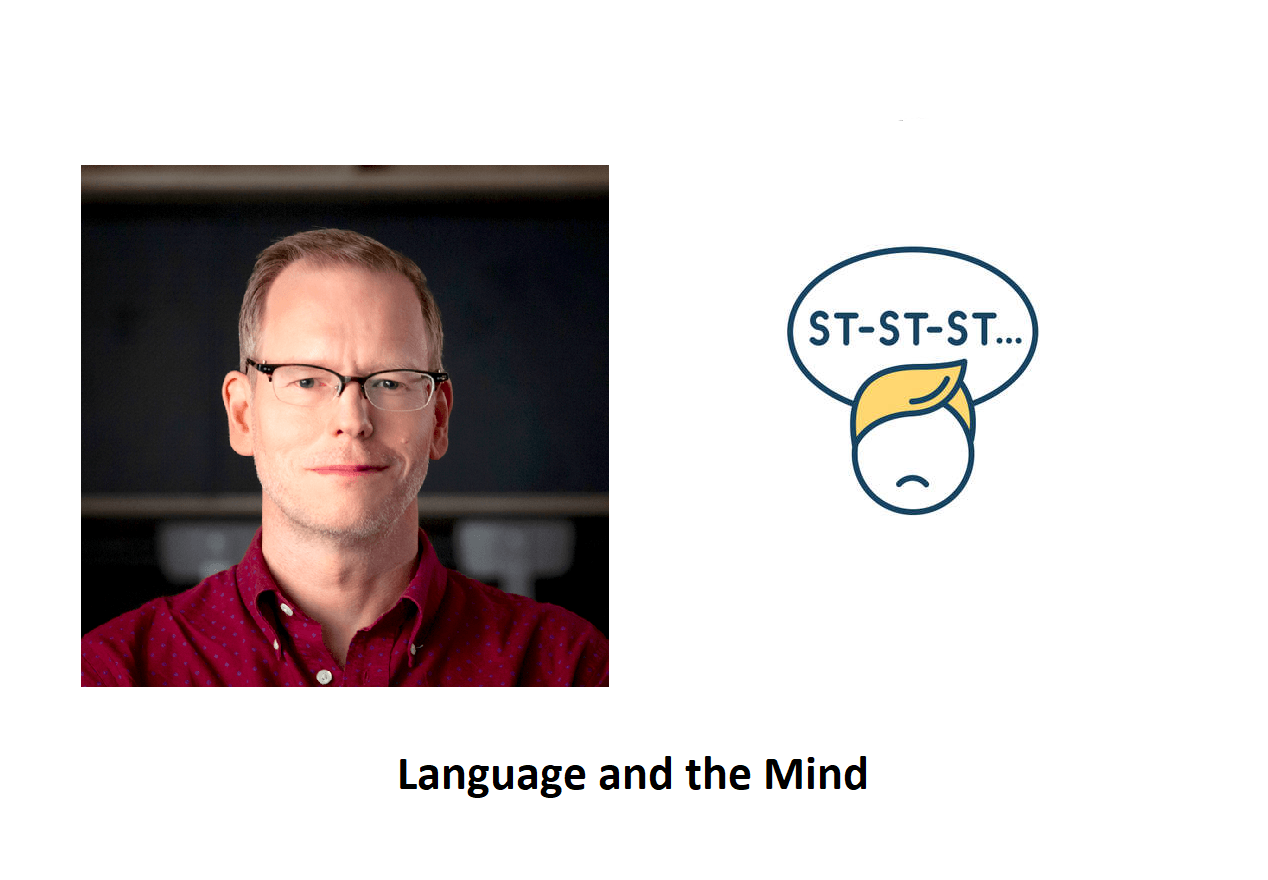There was an interesting story of a guy who stuttered when he was reading the Quran or some kind of singing, he never stuttered; everybody thought that it was a miracle simply and it was happening because of the Quran. I listened to the story of Megan Washington and your explanation about it. Can you explain it to our audience? What happens when someone who has stuttering sings? Why is there no stuttering when someone is singing?
Right. And I’ll just give your audience another way to appreciate this: the famous movie “The King’s Speech.” I don’t know if you’ve heard of “The King’s Speech,” where the king had a stuttering problem, and he learned to get better by singing instead of speaking. And that ultimately gave him the confidence to give his speech. And so that’s in popular culture you can see that. Then, the neuroscience behind it comes down to understanding basic neuroanatomy about the fact that our brains are separated into hemispheres. We have a left hemisphere and a right hemisphere, and they look very similar just to the naked eye, but if you look at the cellular structure and start to look at how areas are connected and mapped out, they’re important ways and they’re different in a lot of ways. But I’ll just focus on the stuttering example.
The left hemisphere has a region called Broca’s area, and I know that your audience might be familiar with this region. That’s normally associated with language production. So, as I’m speaking right now, Broca’s area is helping me articulate my speech sounds. It’s helping me utter the motor act of bringing about speech sounds, of these phones that I’m producing. That’s in the left hemisphere and near the frontal lobe. It’s an underdeveloped posterior part of the frontal lobe that we believe, in stuttering, it’s not operating at the same capacity, and it can manifest in a number of ways, but one of the ways it can manifest is as a stutter.
The key insight to knowing why someone like Megan Washington or someone who’s an interesting case of this individual who, when he reads the Quran or sings the Quran, is not stuttering, there’s likely a compensatory mechanism down the right side of the brain. So, the right side of the brain that maps in parallel is called a homologous structure to the left Broca’s area. Right homolog is also doing work, but it’s a different kind of work. It’s not so concerned with the little details in producing fine-grain speech sounds. It’s looking at structures and connectivity among sounds really over the course of a sentence.
So, you can think of Broca’s area really cares about the phonemes within a word; that’s what it’s designed for evolutionarily. And then the right hemisphere is more designed for larger structures, like what you would think of as intonation and prosody. These are things that musicians and poets tend to affect, and we use them all the time. Every culture has its own prosodic pattern. And what we think that the individuals who are stuttering, what they’re doing is they’re letting their right hemisphere homologue do some of the work that would normally be done in the left hemisphere. And so, it’s a type of neural plasticity, neural reorganization where the right hemisphere just takes on more of the responsibility that would not happen in someone who didn’t stutter.
It’s a strategy; some people learn quite unexpectedly that, you know, and now that we know what we actually have a therapy that we teach aphasics who, you know, people who have lost the ability to speak, to sing. It’s called melodic intonation therapy. And so, we now know that the right hemisphere can be used to compensate for this sort of stuttering deficit. And then when you, the goal is that you don’t always have to sing everything; That would get a little annoying. The goal is that you don’t always have to sing everything; that would get a little annoying if you had to sing all the time. Is that through plasticity, you can then stop stuttering without singing, but you would have to go through a period of using your right hemisphere to kind of bootstrap and help your left hemisphere get the job done.
This post is part of multiple topics about “Language and the Mind”, a podcast that has been published in Real Sciences with Spencer Kelly the co-director of Colgate’s Center for Language and Brain in Colgate University.
Link to Language and the mind: https://www.amazon.co.uk/Language-and-the-Mind/dp/B085SZ9PSZ


0 Comments